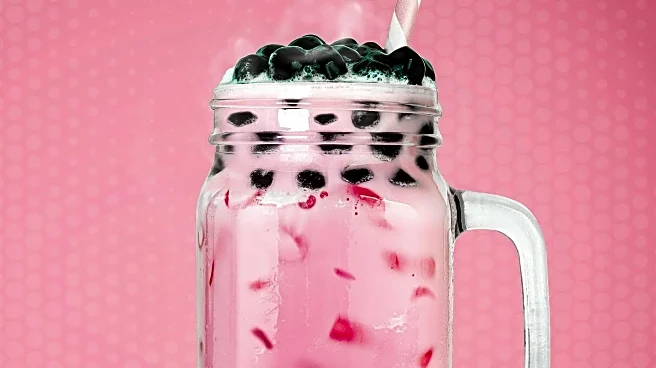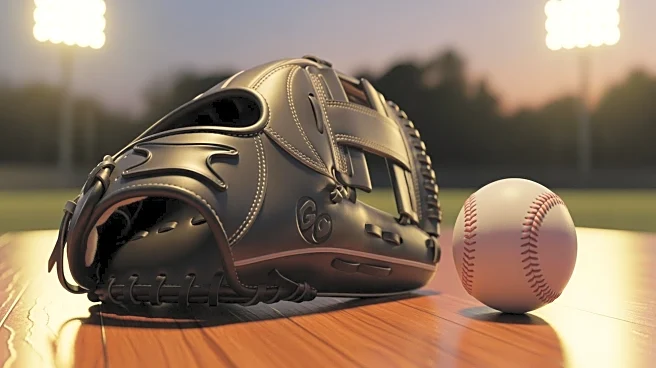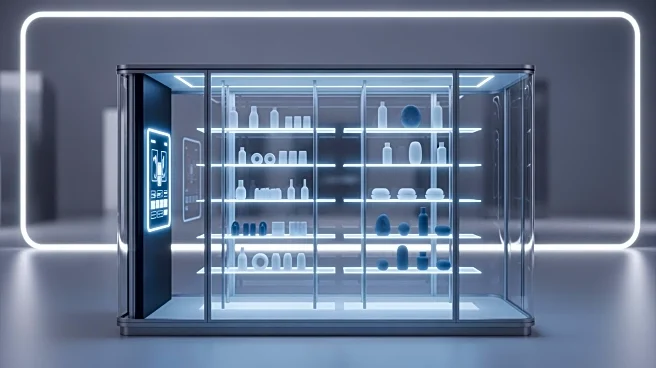What's Happening?
Consumer Reports has identified lead contamination in bubble tea and boba pearls, raising concerns about the safety of these popular beverages. The testing involved samples from major chains Gong Cha and Kung Fu Tea, as well as prepackaged boba from Trader Joe's and Wu Fu Yuan. All samples contained detectable levels of lead, attributed to the cassava root used in making the pearls, which absorbs heavy metals from soil. While the levels were not high enough to warrant complete avoidance, experts recommend treating bubble tea as an occasional treat due to the health risks associated with lead exposure.
Why It's Important?
The discovery of lead in bubble tea and boba pearls is significant due to the potential health risks, particularly for children and pregnant individuals. Lead exposure can have serious health implications, and the presence of this heavy metal in a popular beverage raises concerns about food safety standards and consumer protection. The findings may prompt regulatory scrutiny and calls for improved quality control measures in the production of bubble tea ingredients. Consumers may need to be more cautious about their consumption habits, and businesses may face pressure to ensure product safety.
What's Next?
Following the report, Trader Joe's has discontinued its Instant Boba Kit, and Wu Fu Yuan's parent company has pledged to enhance quality control measures. The findings may lead to increased regulatory oversight and testing of food products for heavy metals. Consumers may seek more information on the safety of bubble tea and other foods, potentially influencing market demand. Businesses involved in the production and sale of bubble tea may need to address consumer concerns and improve transparency regarding ingredient sourcing and safety practices.









